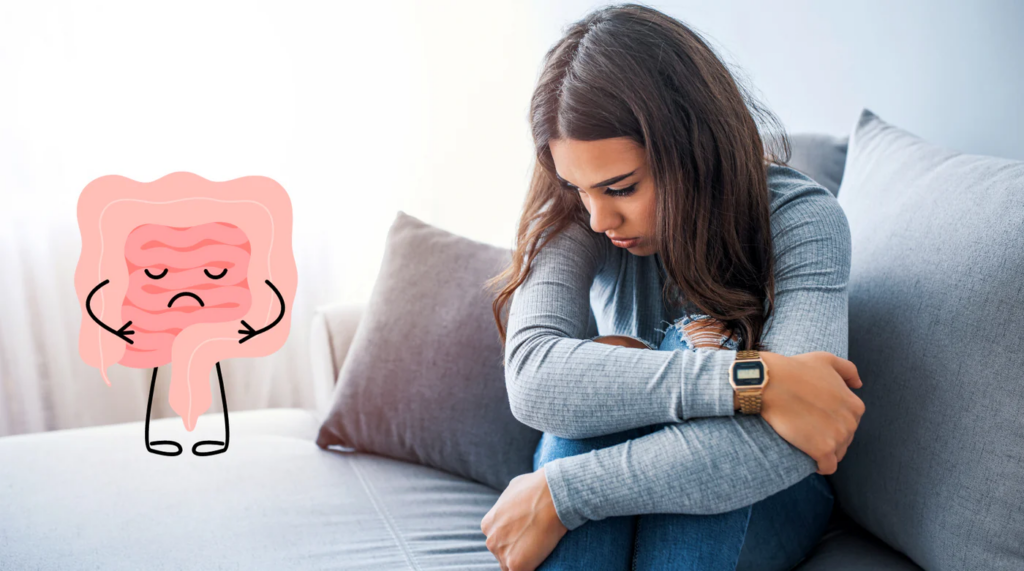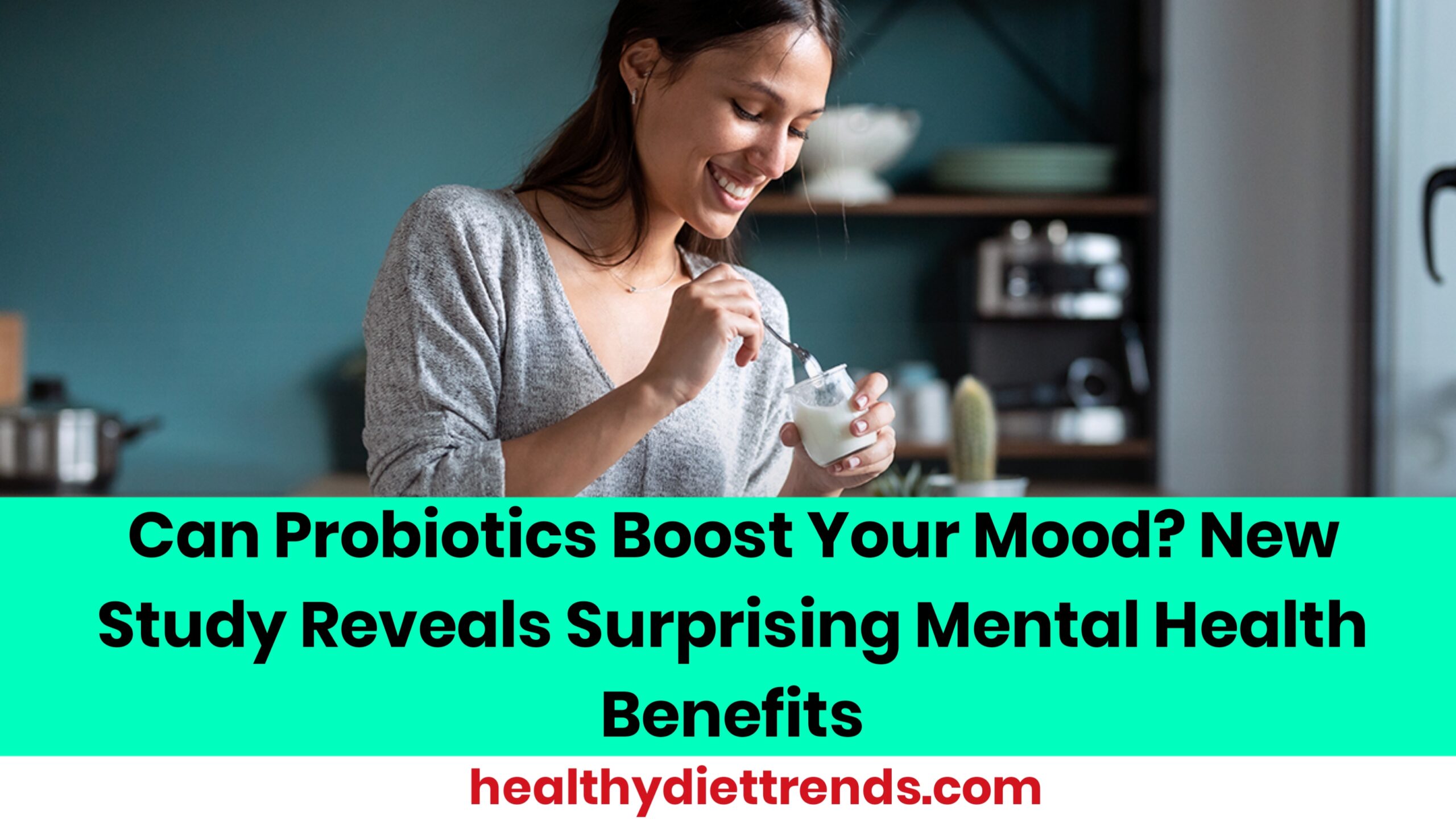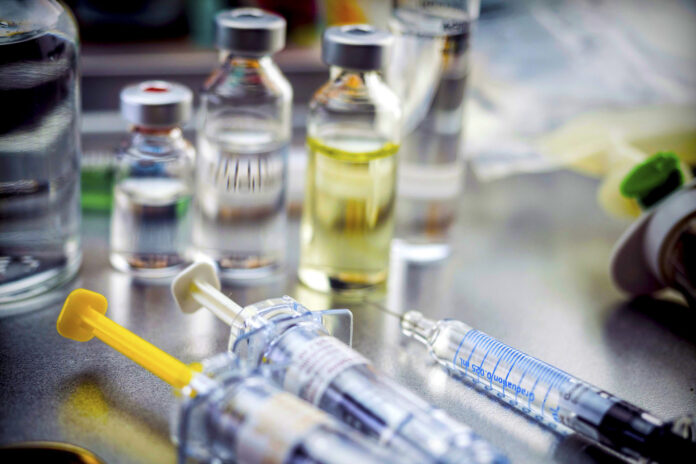A recent clinical trial offers compelling evidence that probiotics may reduce negative mood, even in generally healthy people — suggesting the gut-brain connection could be more powerful than we thought. In a randomized, double-blind, placebo-controlled study, researchers found that participants experienced mood improvements within two weeks of taking a probiotic supplement. The findings, published in npj Mental Health Research on April 9, 2025, highlight a potential new tool for improving emotional well-being.
According to Harvard Health, the gut-brain connection plays a significant role in mental health, as the gut produces nearly 95% of the body’s serotonin — a key neurotransmitter involved in mood regulation.
What Did the Study Find?
The study involved 88 healthy adults, average age 22, with no history of obesity, excessive alcohol use, or drug use. Participants were divided into two groups: one received a multispecies probiotic supplement (including Bifidobacterium, Lactobacillus, and Lactococcus strains), and the other received a placebo, both over a 28-day period. While standard mental health questionnaires didn’t show major differences, daily mood tracking revealed that those taking probiotics experienced a significant reduction in negative mood starting around the two-week mark.
“By monitoring people daily… it gives us a much better resolution of changes over time,” said Dr. Katerina Johnson, lead author from the University of Oxford. Interestingly, while negative mood decreased in the probiotic group, positive mood remained unchanged in both groups, which researchers consider a positive outcome, as it suggests there was no emotional blunting.
If you want to better understand what probiotics are and how they function, Cleveland Clinic provides a helpful overview of their benefits for gut health.
Who Might Benefit Most?

Those with higher levels of risk aversion at the beginning of the study showed the greatest mood improvement. The researchers believe that daily self-monitoring helped capture emotional changes more effectively than traditional surveys. This may open the door for probiotics to be used as part of a personalized approach to mental well-being.
The full study methodology and findings can be accessed through npj Mental Health Research for those interested in the technical details.
A Complementary Strategy, Not a Cure
Experts emphasize that while the results are promising, probiotics are not a replacement for therapy or psychiatric medication. “Probiotics may play a supportive role,” said Dr. Christoph Thaiss of Stanford University, “but they are not a standalone solution.”
Dr. Lisa Durette, Chair of Psychiatry at the University of Nevada Las Vegas, added that holistic strategies like probiotics, nutrition, and exercise can be a valuable addition to traditional mental health treatments — as long as individuals are informed about potential risks and benefits.
For more advice on how to naturally support your mental wellness, the Mayo Clinic shares science-backed tips for improving emotional health through lifestyle changes.
Also Read : Everything You Need to Know About Pink Eye: Causes, Symptoms, and Treatments



